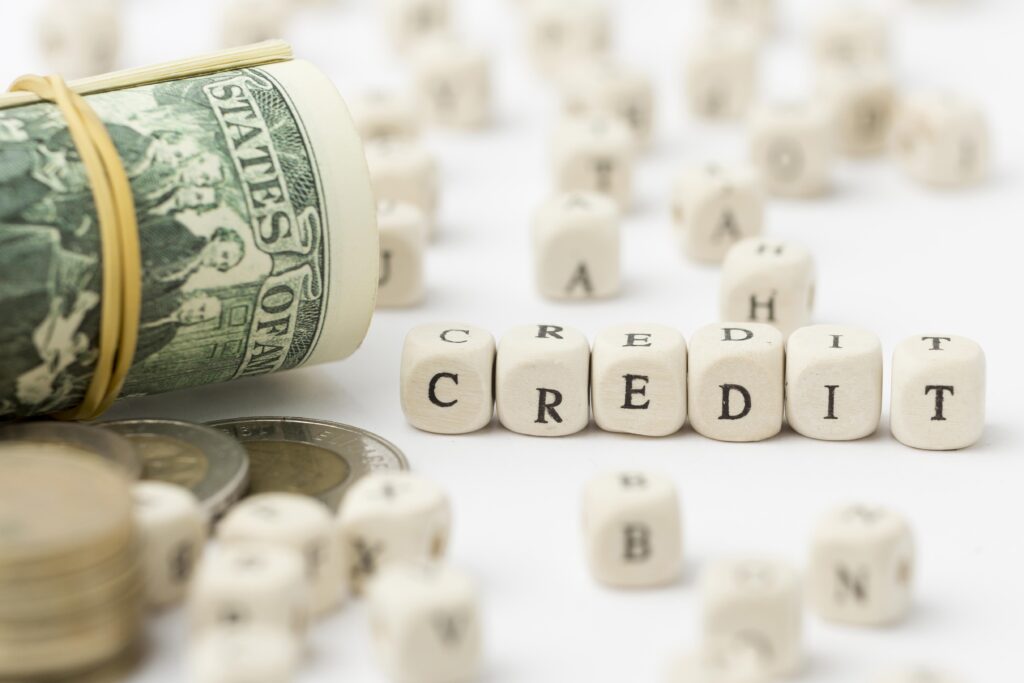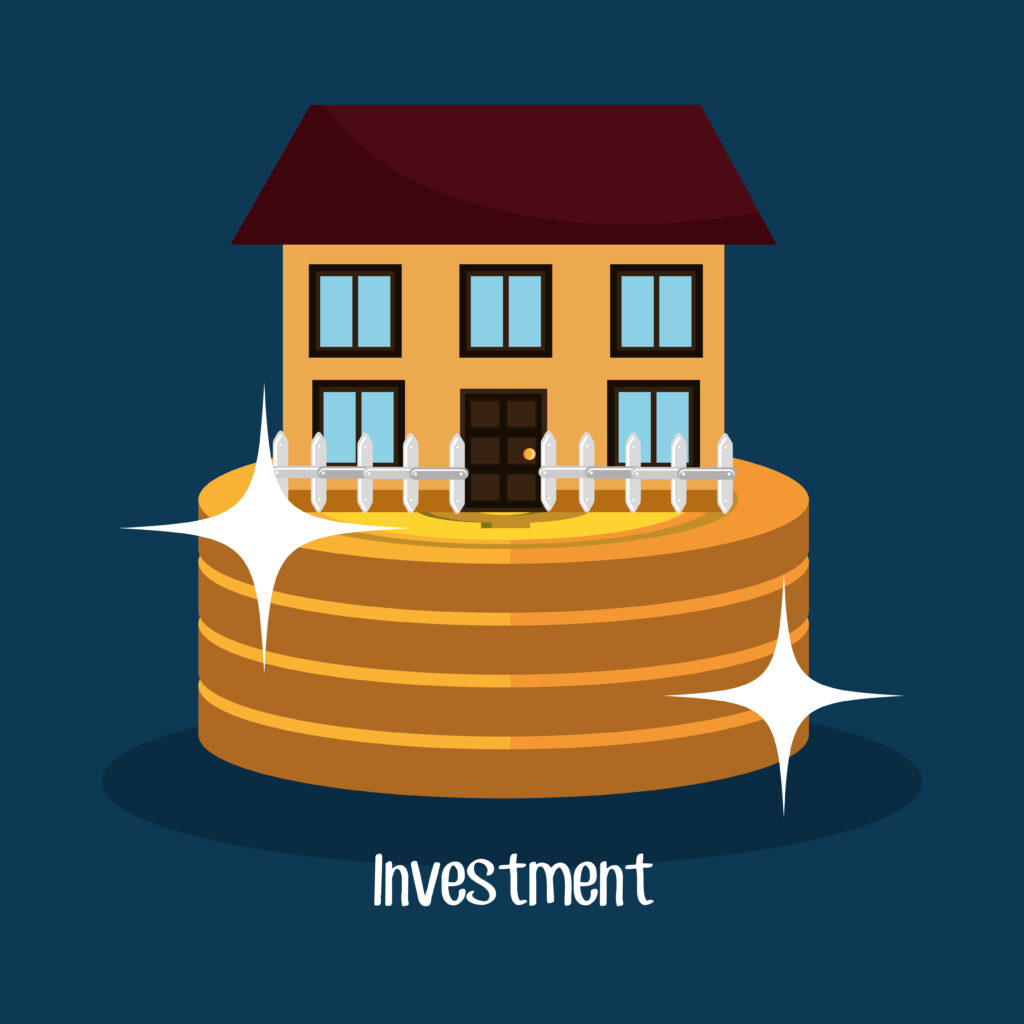Starting in real estate can seem daunting, especially if you have no experience. However, it’s entirely possible to begin with a practical approach that even a complete beginner can follow. Here are five real-world steps to help you start investing in real estate without much prior knowledge or huge financial resources.
1. Learn the Basics of Real Estate Investing

Before diving into the world of real estate, it’s crucial to understand the basic concepts.
- Read & Research: There are plenty of beginner-friendly books, podcasts, and online resources dedicated to real estate investing. Some recommended books include “Rich Dad Poor Dad” by Robert Kiyosaki and “The Millionaire Real Estate Investor” by Gary Keller. These resources will help you understand real estate terms, market trends, financing, and investment strategies.
- Attend Seminars & Webinars: Many real estate professionals offer free or low-cost webinars for beginners. These are great for learning practical insights directly from experienced investors.
Taking the time to educate yourself will build your confidence and help you avoid costly mistakes down the road.
2. Build Your Credit and Save for a Down Payment
A practical first step is to focus on your personal finances. Most real estate investments require some level of capital or credit to get started, so it’s crucial to prepare yourself financially.
- Check Your Credit Score: The higher your credit score, the better loan terms you can get when buying property. If your credit score needs improvement, focus on paying off existing debts and keeping your credit card balances low.
- Start Saving for a Down Payment: Even if you’re aiming for low-cost investments, having some cash saved is necessary. Many first-time homebuyers can qualify for loans with as little as 3-5% down, especially through programs like FHA (Federal Housing Administration).
Practical Action: Open a savings account and start setting aside money every month. The goal is to have enough for a down payment or to cover unexpected expenses that may come with owning property.
3. Start with House Hacking
House hacking is one of the best beginner-friendly real estate strategies because it allows you to invest in property while minimizing your own living expenses.
- Buy a Duplex or Triplex: Instead of purchasing a single-family home, consider buying a multi-unit property (like a duplex or triplex). You can live in one unit and rent out the others, using the rental income to help cover your mortgage.
- FHA Loans for House Hacking: First-time homebuyers can use FHA loans with just 3.5% down for house hacking. This allows you to start investing with minimal capital while building equity in the property.
Practical Action: Talk to a mortgage broker or lender to explore FHA loans or other financing options for multi-unit properties. Search for duplexes or triplexes in your area and calculate how much rent from tenants could cover your mortgage.
4. Invest Through Real Estate Crowdfunding
For those who want to invest in real estate but don’t want the responsibility of managing property, real estate crowdfunding is an easy and affordable way to start.
- Use Crowdfunding Platforms: Websites like Fundrise, RealtyMogul, or Crowdstreet allow you to invest in real estate projects with as little as $500. You pool your money with other investors to fund larger real estate developments.
- Earn Passive Income: With crowdfunding, you don’t need to be a landlord or property manager. You earn a return on your investment as the property appreciates or generates income from rents.
Practical Action: Create an account on a real estate crowdfunding platform, review the available properties or projects, and start with a small investment. This allows you to test the waters without committing large amounts of money.
5. Get into Real Estate Wholesaling
Wholesaling is a great way to start investing without needing much capital. In wholesaling, you find undervalued properties, put them under contract, and sell the contract to another buyer for a fee.
- Find Distressed Properties: These are properties that need repairs or are in foreclosure. You’ll negotiate a low purchase price and then assign the contract to an investor who wants to flip or rehab the property.
- No Need to Buy Property: The great thing about wholesaling is that you don’t need to buy the property yourself. You’re essentially acting as the middleman, earning a profit by connecting sellers with buyers.
Practical Action: Drive around your neighborhood to look for distressed properties (“driving for dollars”). Contact property owners or use online real estate platforms to find potential deals. Then, network with real estate investors who may be interested in purchasing the contract.
6. Invest in Real Estate Investment Trusts (REITs)

If you want a completely hands-off approach, you can invest in REITs. These are companies that own, operate, or finance income-generating real estate across a variety of sectors, such as commercial, residential, or industrial properties.
- Buy REIT Shares: REITs are available to buy like stocks. They pay dividends to shareholders based on the income from the real estate properties they own.
- No Property Management Required: Since REITs are publicly traded, you don’t have to deal with tenants, property management, or maintenance.
Practical Action: Open a brokerage account with platforms like E*TRADE, Fidelity, or Robinhood. Search for REITs that invest in sectors you’re interested in (residential, commercial, etc.) and start buying shares with as little as $100.
Summary
Starting in real estate doesn’t require a huge bank account or extensive knowledge. By building your credit, starting with house hacking, leveraging crowdfunding, getting into wholesaling, or investing in REITs, you can begin your journey today.
The key is to take small, manageable steps that fit your financial situation and risk tolerance. Over time, as you gain more experience, you can diversify into other real estate strategies and grow your portfolio.



2 Comments
Pingback: 5 Must-Have Tools for Investors with 10 or More Properties – Real Estate Talks
Hmm is anyone else having problems with the images on this blog loading? I’m trying to determine if its a problem on my end or if it’s the blog. Any responses would be greatly appreciated.